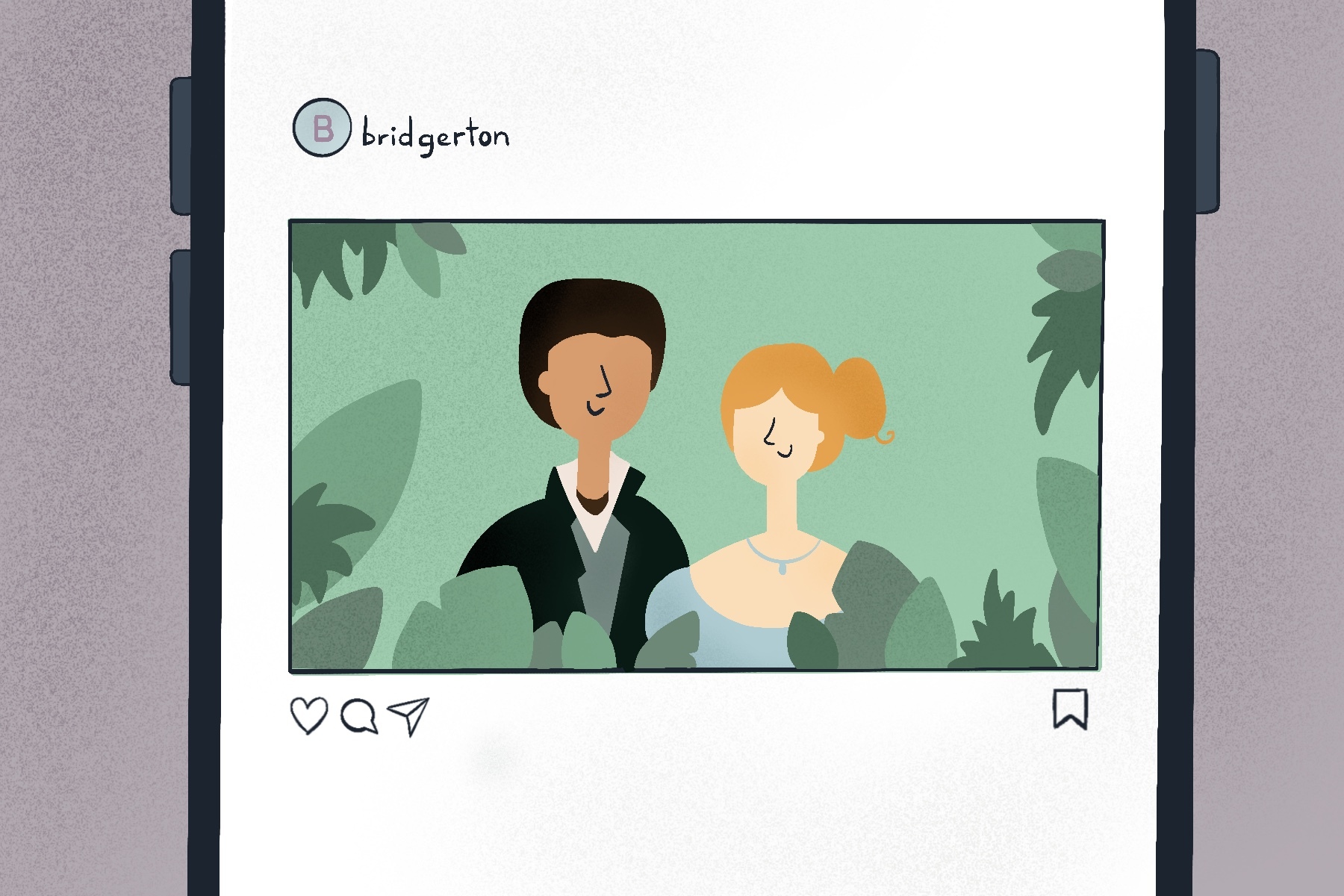All aristocrats portrayed in media wherein they are the primary focus face one massive problem: getting audiences to empathize. Why should I, a normal person, care about the ups and downs of these people’s lives?
Of course, all characters in stories struggle to prove themselves worthy of the audience’s compassion. Aristocrats, though, have to be written much more interestingly, unless they, too, must overcome problems the average citizen can relate to. A duke, for example, who is suffering from the death of a loved one is easy to empathize with. We all either know what it is like to lose a loved one or could put ourselves in that headspace, understanding that no amount of wealth or privilege or political power could negate that world-ending feeling. However, a prince unable to find a suitable wife is a much more difficult sell.
The vast majority of everyday people can’t understand the struggle of finding a companion properly representing a joinder between two massively powerful families, and as such are less likely to find it a compelling conflict. In many ways, it is difficult to feel bad for a character that, statistically, is much more well-off relative to other members of their society than the vast majority of people who ever lived or will ever live.
There are many ways to combat this indifference to the problems of immensely privileged characters. One way is to make them interesting in their own right, so that while the audience is not necessarily engrossed in the same emotional beats the character is, they are at least interested in seeing how that character continues to behave and interact with their environment. Another way is to ground them in something or someone the audience can relate to. This can be done via the introduction of a more average character into the ranks of the aristocracy, allowing the peculiarities of noble life to more clearly contrast against what the audience is already familiar with. The average character also serves as a vector through which the audience can become initially invested in as the more foreign, aristocratic characters are given a chance to develop and become interesting themselves.
“Bridgerton” fails to develop a connection between its elite characters and audience members not immediately swept up in the same glamor and scandal done a thousand times before. Its characters are not grounded properly and are not interesting enough in their own right to warrant continued viewing. The reasoning behind why this is the case is thrown into relief by a show that does work: “Gossip Girl.” “Gossip Girl” and “Bridgerton” have extremely similar narrative structures, yet the former is able to properly ground its cast in a way that allows audience members to become invested in the nuances of the plot and the characters, rather than having to rely on the shallow entertainment the spectacle of aristocracy brings.
“Gossip Girl” and “Bridgerton” both depict the lives of a few select members of the aristocracy — granted, in much different times. The former takes place in the early 21st century, focusing on a group of elite New York high school students, while the latter begins in the 19th century and focuses on young men and women during the British courting season. They both include parental relationship planning as a crucial element in the social dynamics of their characters. Both even heavily rely on an anonymous writer commenting on current affairs — the titular gossip girl in “Gossip Girl” and Lady Whistledown in “Bridgerton.” It is these similarities that allow the two shows to be compared in such a uniform fashion, and which allows these comparisons to demonstrate exactly why “Gossip Girl” works and why “Bridgerton” doesn’t — at least not in regards to the demographic that I have defined.
The most obvious difference between the two shows is the absence of an average character in “Bridgerton.” In “Gossip Girl,” Dan is an incredibly important character that humanizes the rest of the cast. Rather than merely seeing each aristocrat interacting with every other aristocrat in the same game-like fashion, the addition of Dan into the dynamic allows for the audience to observe the obscenely wealthy and foreign characters in two dimensions — the ways in which they treat their peers, and the ways they treat those of a lower social status.
This multidimensional understanding of the aristocrats is apparent from the very first episode and is fundamental to making them more distinct and interesting, along with making their character arcs more pronounced. Serena, despite being an elite, is very kind and personable toward Dan, while Chuck is rude and looks down on him. Even from these early interactions, an audience member can understand who each aristocrat is trying to be, and also understand who they actually are. For it is true that, even in media, the best indication of someone’s character is their actions when nobody is watching and the consequences are low; and an aristocrat has nothing to lose from sneering at someone like Dan, with meager resources and no political influence whatsoever.
“Bridgerton,” however, completely lacks this additional dimension. All that can be understood about the aristocrats is how they interact with one another. This isn’t necessarily damning, but the characters themselves and the problems they face need to be compelling enough to pick up the slack. The one dimension in which each character interacts with the others is all that the audience has to indulge and become invested in — but this too is unsuccessful, as “Bridgerton” fails to impress the importance of the character’s problems onto the audience and the characters themselves are not interestingly written quickly enough.
While Dan was a character the audience could become interested in as the more foreign characters developed, in “Bridgerton,” the foreign characters are all that there is, and they don’t show any promise early on to encourage the audience to continue watching. From the outset I found myself questioning the stakes the show wanted me to believe were high. So what if Daphne doesn’t find a suitor? She’ll just have to wait until next season, lounging around in her pools of money and with her teams of servants. Her struggle is just not a compelling one, and no character is written well enough to make an audience want to invest in the possibility that their struggles become more compelling later.
Of course, there is nothing wrong with enjoying a show because of its spectacle. I am no purist — if someone enjoys a show, I am in no mood to invalidate their sentiments. Still, something must be said about the quality of the core of any story: the writing. While “Gossip Girl” is able to deepen the audience’s understanding of its aristocrats quickly and efficiently with the introduction of Dan, an average character living an average life, “Bridgerton” lacks that deepness. It, therefore, fails to appeal to everyday people interested in viewing novel and multidimensional characters and story beats, losing their interest early before the characters have a chance to redeem themselves.

















